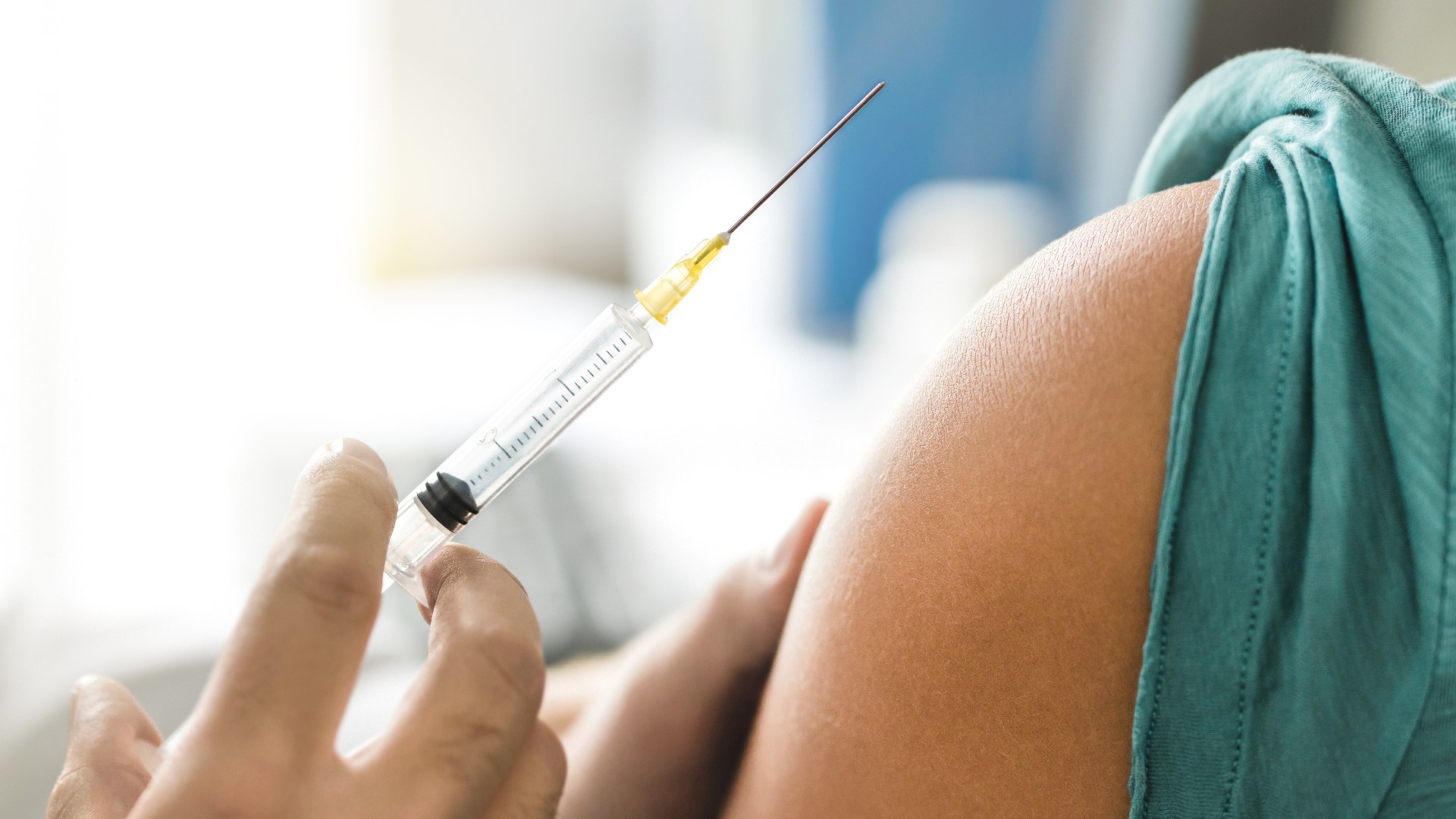COLUMBUS, Ohio — Getting kids back to school is a good time to brush up more than new rules for bedtime but also some rules for parents should understand on vaccine requirements for children who attend public school.
Among them, who decides which immunizations are required? Ultimately, the list comes from state lawmakers.
Consider diseases including whooping cough, measles, and chicken pox. These are only a few of diseases you can protect your child from because they are vaccine-preventable.
The Ohio Department of Health's Immunization program targets 17 diseases, using a schedule sourced by the Centers for Disease Control and Prevention and monitored by pediatricians.
Parents like Jamie Schaadt said she counts on her children’s pediatrician’s expertise because it’s all about protecting her children.
"Pick a pediatrician that you trust and ask them their advice on topics and that is the biggest thing you can do for your children's health is have one your trust and listen to them," she said.
Parents and guardians can also refer to the immunization schedule spelled in state law for infants through 18 years old.
Ohio State Representative Beth Liston, who is also a pediatrician, said now, especially during a pandemic, it is crucial that families have fact-based information.
“Ohio is actually a leader in oral polio vaccine,” Liston said. “Alfred Sabin came up with the mass vaccination. He's from the University of Cincinnati, so Ohio has been a leader there."
It is important to note that all COVID-19 vaccines used in the U.S. have "emergency use" but not full approval for people who are 12 years old and over. Full approval is anticipated in the coming months.
Emergency use authorization is expected in early to midwinter for vaccines for kids under 12. If it will eventually become part of required vaccines for public school children is still a question at this time.
Pediatricians are helping children get caught up on their vaccination schedules before the new school year.
Derek McClellan, who is the pediatric medical director for Central Ohio Primary Care, said he and his team are working to meet families at their point of concern.
“So, it's really just trying to be that trusted voice for them. That's sort of the beauty of being a pediatrician you get to see them over time, and you get to build that relationship," McClellan said.
The U.S. Food and Drug Administration authorizes and approves vaccines in the country. They are administered according to the most recent version of the CDC's Recommended Immunization Schedule for Children and Adolescents Aged 18 Years or Younger or one of the agency's so-called “catch- up schedules.”

